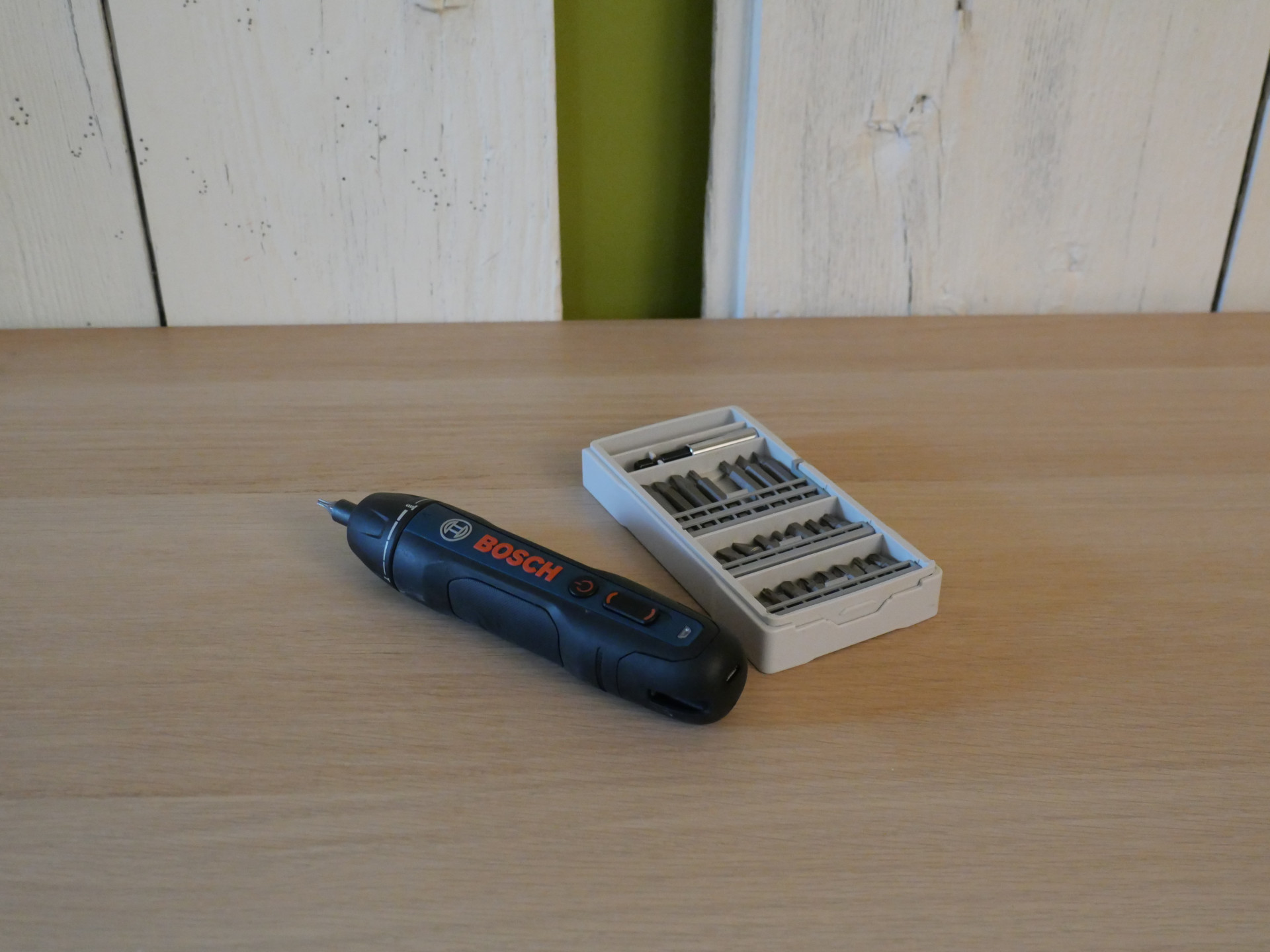RG. The cost of your services is $2,250/day plus expenses and you normally quote two or three days to complete the set-up, depending on the system.
ST. One thing I should say, that price is always the same. Although I bill for time on-site, the charge also covers the often, lengthy conversations and planning that take place before I arrive, as well as post visit discussion of the steps that so often result from re-setting the system and a new awareness on the part of the client as to how it really works. I travel all over the world, so expenses vary, but the day rate is always the same: whether I’m working for an end-user, a manufacturer, maybe setting up equipment or speakers for review, or a retailer, it’s always the same cost. I should also point out that I’m not running a clock. I work until the job’s done, so that generally means an early start, a late finish and no breaks in between. These are long days…
Relative to the cost of most of the systems I’m working on, my charges wouldn’t even cover a power cable. It’s not always the case and I’ve worked on some surprisingly affordable systems with equally impressive results. But the fact is that, irrespective of price, most of the systems out there are just a hot mess, at least until I, or someone like me, comes along and does their stuff. While having some guy (and it is normally a guy) come and fiddle with your system might seem extravagant, in cost and performance terms, it really is an absolute bargain. The bigger and more expensive the system, the bigger the bargain it is.

Don’t misunderstand me. I’m not saying that I’m unique and audiophiles are idiots. It’s just that they don’t know what to do, because nobody has ever taught them. And I blame our industry for that. We haven’t explained, indeed we’ve shied away from explaining, just how vital set-up is. Instead, we’ve dumbed things down and doubled-down by failing to train our members to perform properly. There is no formal training for set-up, no professional standards. Some companies will aim to train dealers on their products – but only their products – and with respect, people who design individual products or sell them, don’t necessarily know how to get the best out of the systems in which they’re used.
The function of a dealer should be to add value to their customer’s purchases, and the easiest way to do that is with superior set-up. But few dealers these days are capable of delivering that and even fewer practice it. There are exceptions, but if more dealers were doing a better job, I wouldn’t have a business. Yes, customers experiment and work at it, but without the time and access to a whole range of different equipment that you get, working inside the industry and particularly in retail, it’s almost impossible to learn the lessons you need to. Let’s be honest, I don’t see audio system set-up appearing on any college curriculum.

